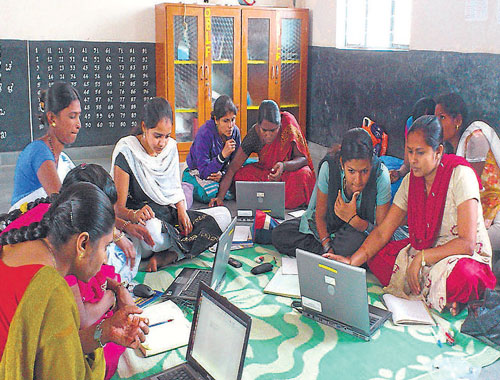
Introduction
Women empowerment refers to the process of giving women equal opportunities to participate and contribute to the social, economic, and political development of a country. India has a long history of gender inequality, and women have been historically disadvantaged in many areas of life. However, in recent years, there has been a growing awareness of the importance of women’s empowerment in India. In this article, we will explore the meaning and importance of women empowerment in India.
Importance of Women Empowerment in India
Women empowerment is crucial for the development of India as a whole. Here are some of the reasons why women empowerment is important in India:
- Economic Development: Studies show that empowering women can have a significant impact on economic growth. When women are given equal access to education, employment, and resources, they can contribute to the economic development of the country. Women’s participation in the workforce also has a positive impact on poverty reduction.
- Improved Health: Empowering women can also improve the overall health and well-being of the population. Women who are empowered are more likely to have access to healthcare, nutrition, and education, which can reduce maternal and child mortality rates.
- Social Development: Empowering women can also have a positive impact on social development. Women who are empowered are more likely to participate in decision-making processes at the household and community level. This can lead to more inclusive and equitable policies and programs.
- Political Representation: Women’s political representation is also an important aspect of women empowerment. When women are represented in political institutions, their voices and perspectives are more likely to be heard and taken into account in policy-making.
- Gender Equality: Gender equality is a fundamental human right, and women empowerment is a key factor in achieving it. Empowering women can challenge traditional gender roles and stereotypes that limit women’s potential and freedom. It can also reduce gender-based violence and discrimination.
Challenges to Women Empowerment in India
Despite the importance of women empowerment, there are still many challenges that hinder its progress in India. Some of the challenges include:
- Patriarchy: Patriarchy and traditional gender roles are deeply entrenched in Indian society, which can make it difficult to challenge them and promote women’s empowerment.
- Violence Against Women: Violence against women, including sexual harassment and domestic violence, remains a major challenge in India. This can limit women’s access to education, employment, and public spaces.
- Discrimination: Women in India also face discrimination in access to resources, education, and employment opportunities. This can limit their ability to participate in the workforce and contribute to economic growth.
- Lack of Representation: Women’s representation in political institutions remains low in India, which can limit their ability to participate in decision-making processes and advocate for their rights.
Conclusion
Women empowerment is crucial for the overall development of India. It can lead to economic growth, improved health, and social development. However, there are still many challenges that hinder its progress, including patriarchal attitudes, violence against women, discrimination, and lack of representation. It is essential for all stakeholders, including the government, civil society, and the private sector, to work together to promote women’s empowerment and create a more inclusive and equitable society for all.






